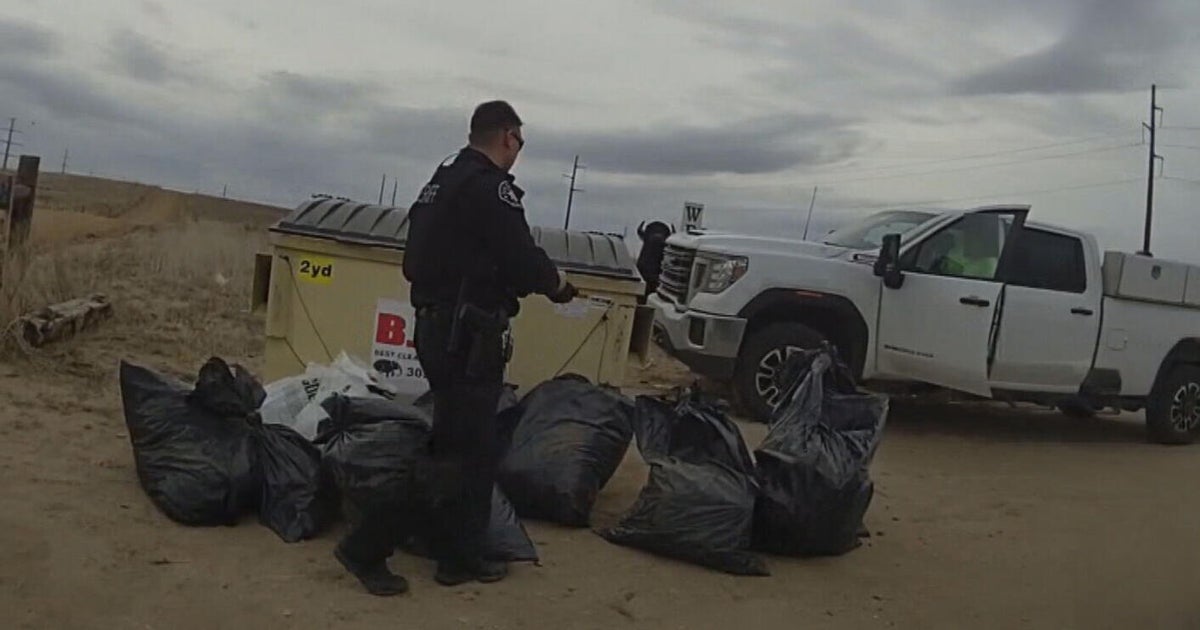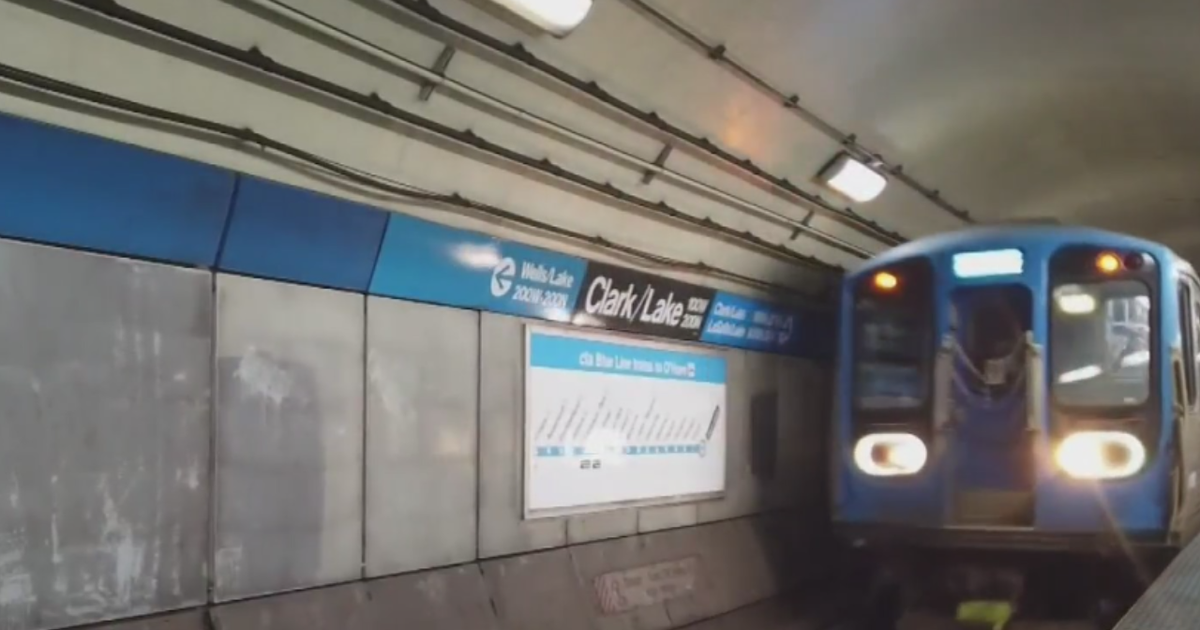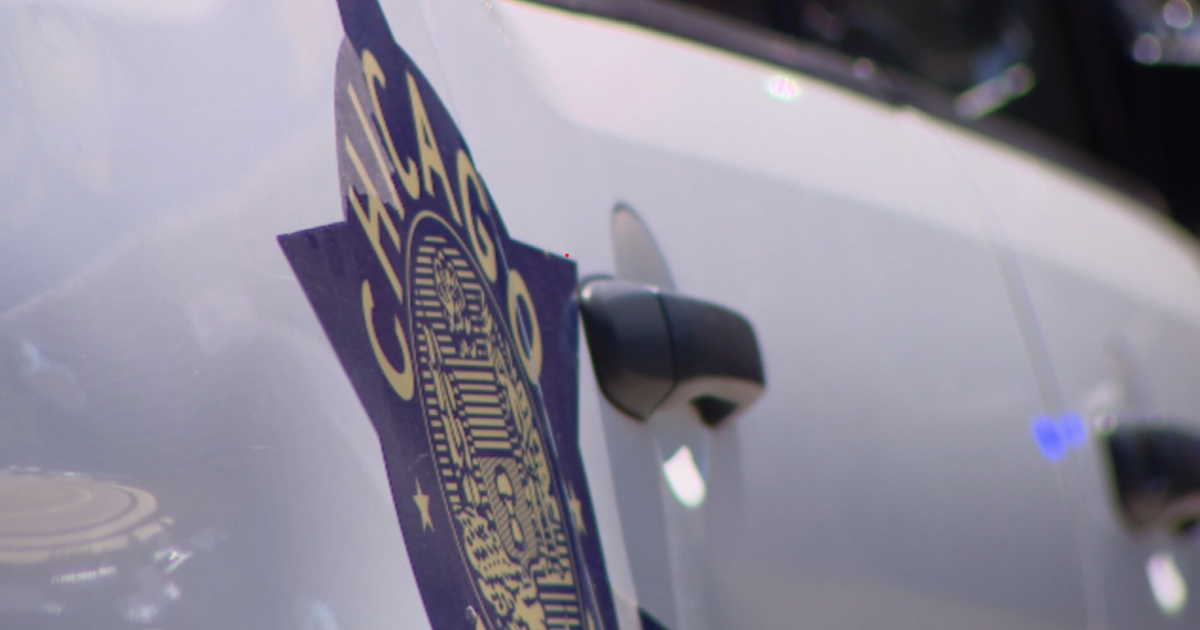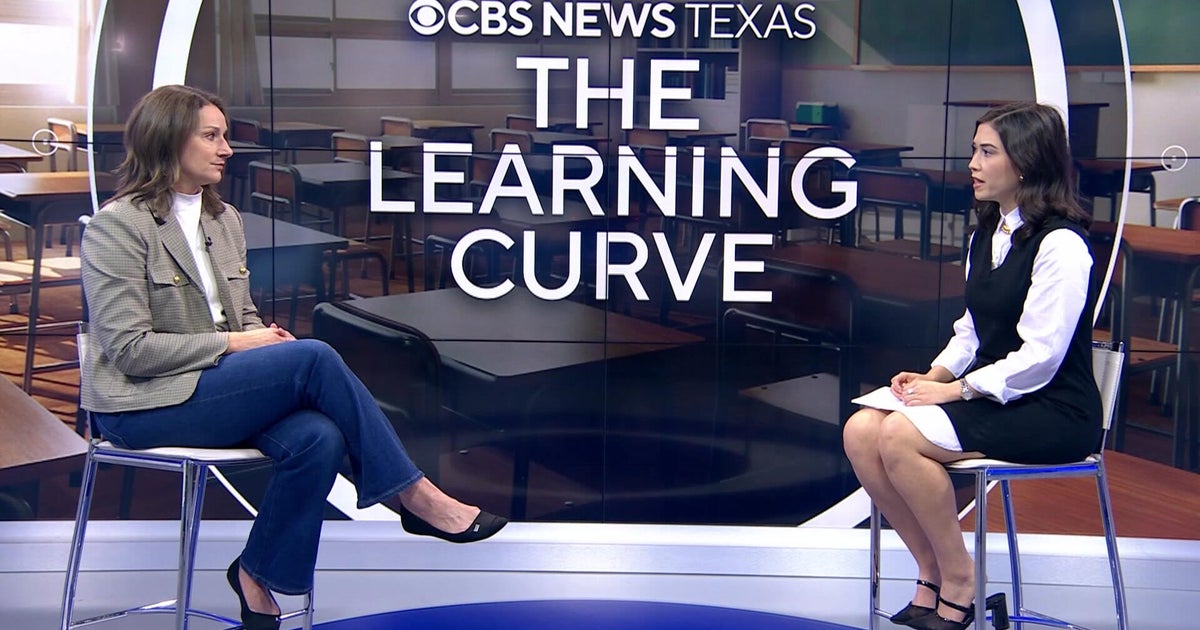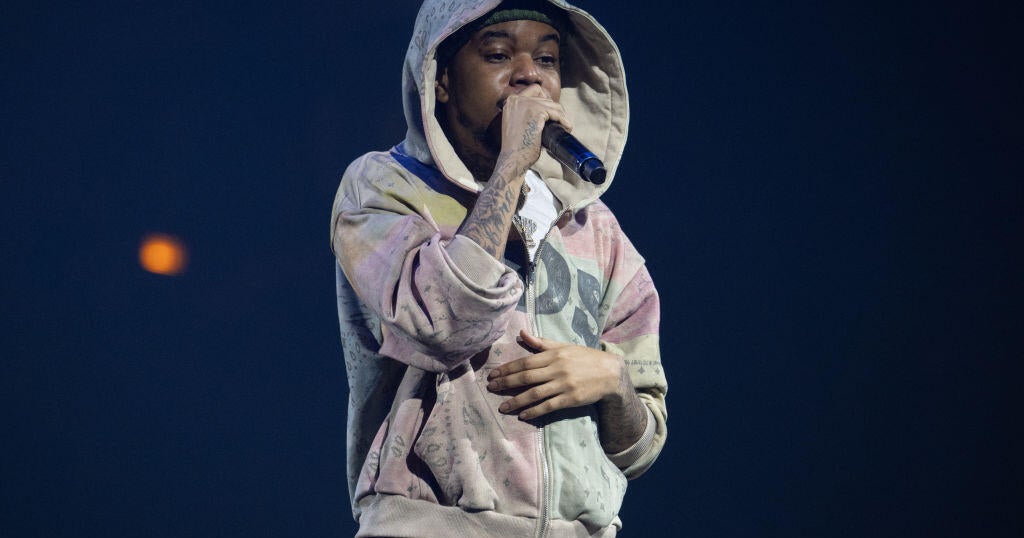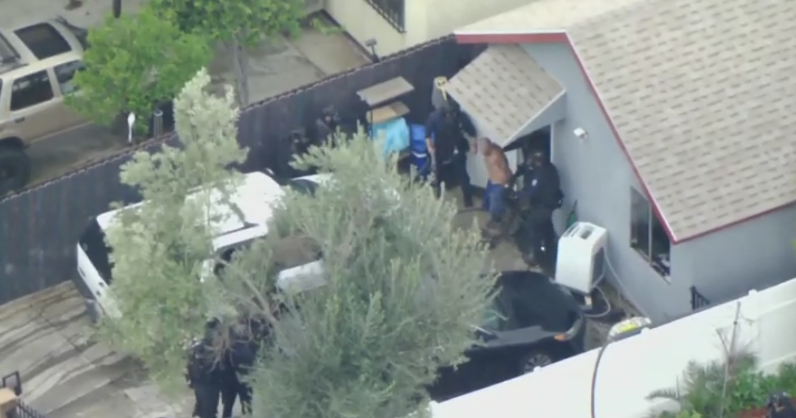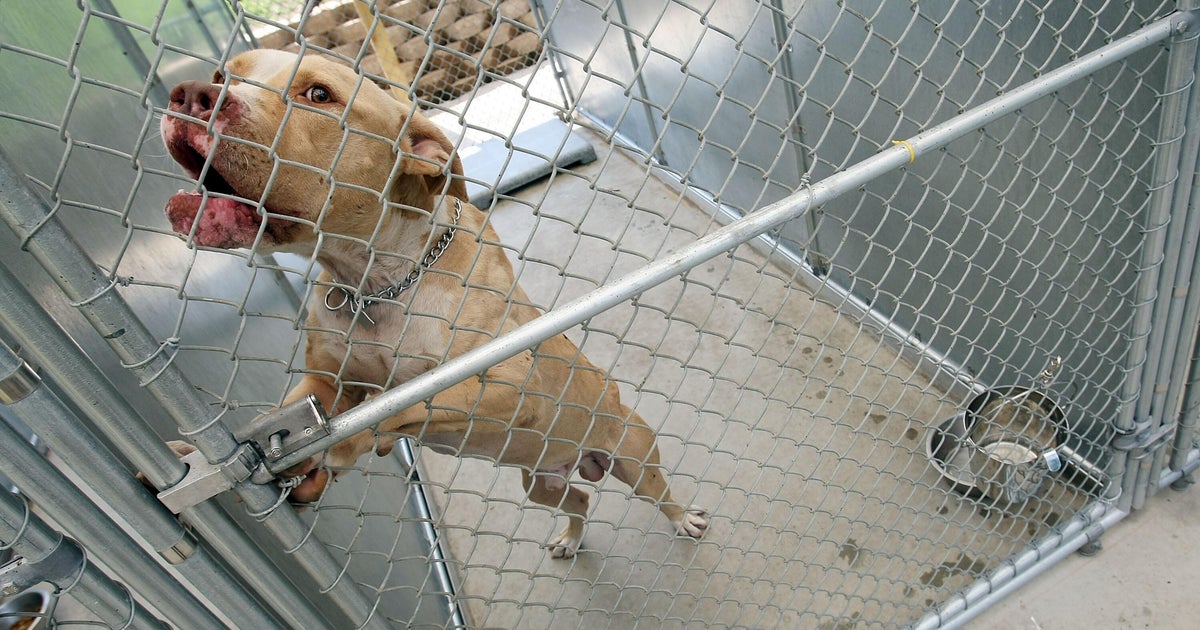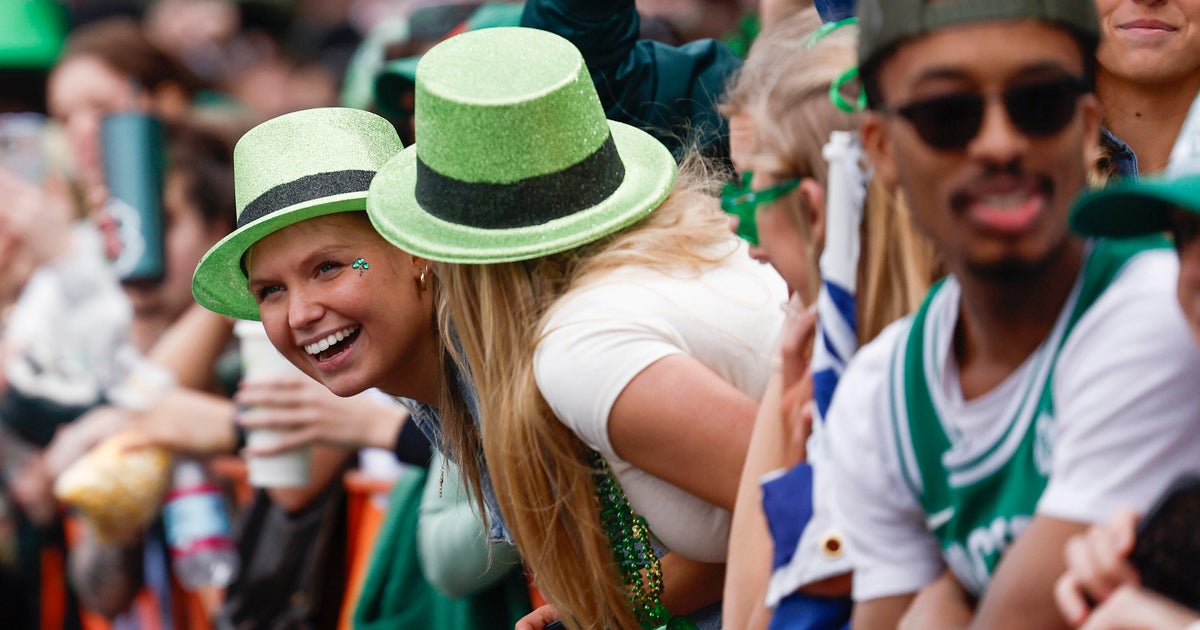Chicago Already Has Medical Marijuana 'Deserts'
(CBS) -- Black patients seeking medical marijuana won't find it in their own backyard, despite a recent law making it legal.
Chicago's black communities were shunned by groups applying for dispensaries. CBS 2's Dorothy Tucker looks at whether race was a factor.
Lewis Hoy suffers from fibromyalgia, a condition that allows him to buy marijuana legally from a dispensary instead of on the street.
"Half the time you don't know what you're getting," he says of cannabis bought illegally.
But Hoy and scores of black patients will not be able to buy it in their neighborhoods because no one applied to open a dispensary in Chicago's predominantly black South and West side communities.
In fact, potential vendors didn't even try.
"That's what's disturbing to me," says Kathie Kane Willis, a drug policy researcher at Roosevelt University.
She says numerous locations were approved in the city, mostly North Side communities such as Wicker Park, West Town and Andersonville.
"The fact that African Americans have to travel distances that white folks don't have to travel to get their medicine is to me unfair and unjust," Willis says.
Ali Nagib, a consultant to dispensary applicants, points to several factors that may have made black communities less attractive. They include the difficulty of finding a location away from schools, day care centers and parks -- and patients who can afford to pay.
"They know this product is not covered by insurance, and so some of those applicants may have taken a look and said, 'What's going to be the best for my business plan?'" he says.
"It's the same philosophy that leads to the food deserts, that lead to lack of quality education, lack of health care," says state Sen. Kwame Raoul, D-Chicago. "It is disturbing."
Advocates for medical marijuana dispensaries in black communities say they hope the state will figure out how to get them in underserved communities.
